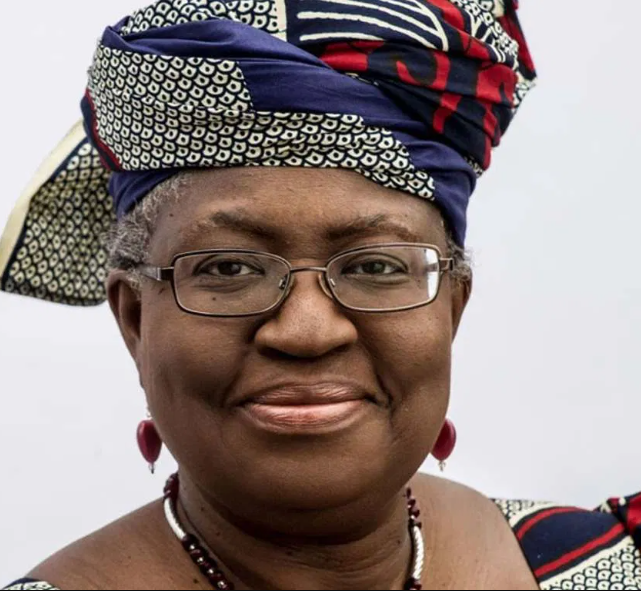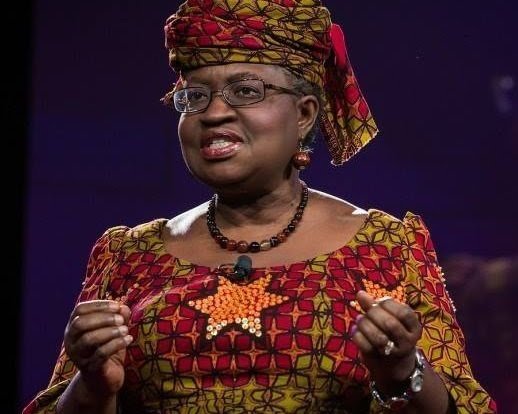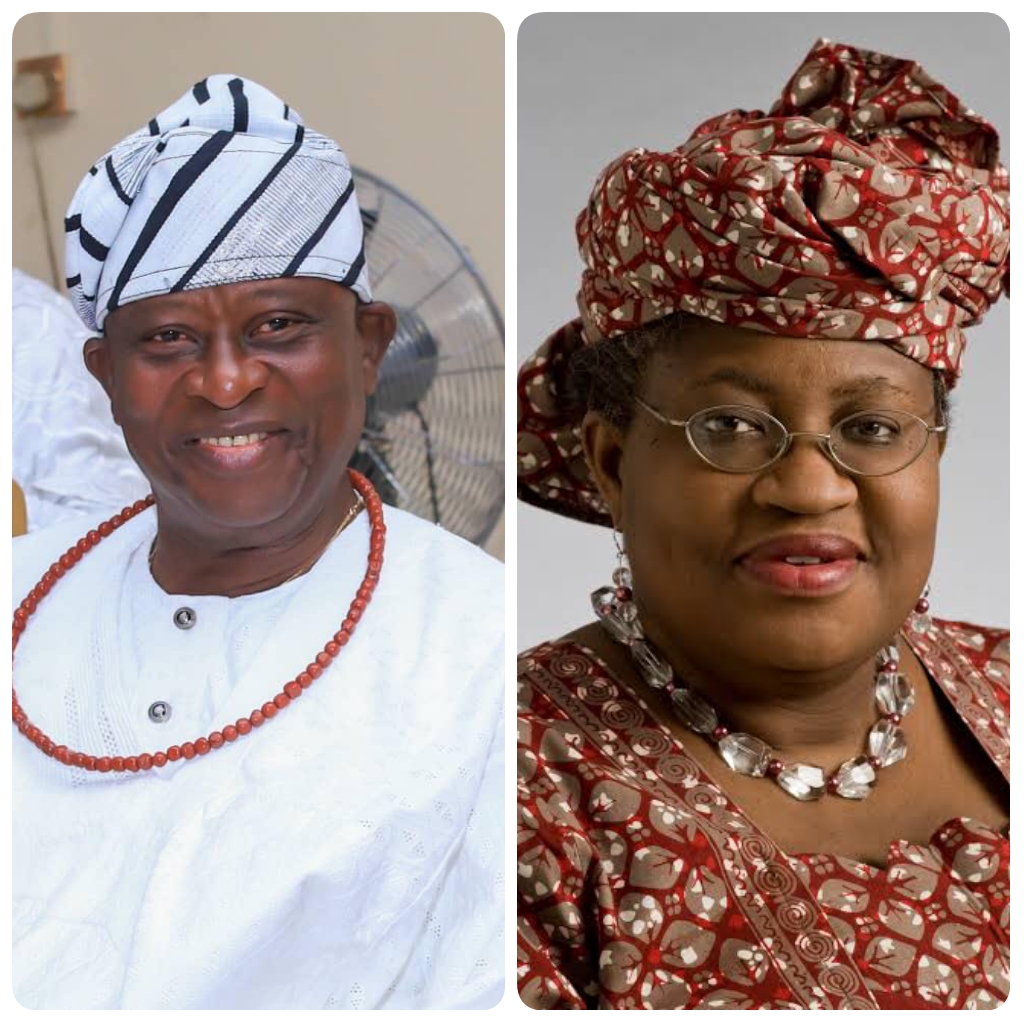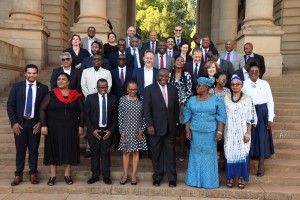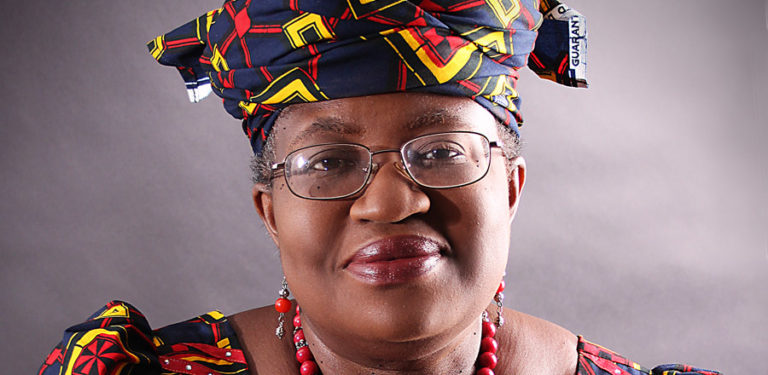Ngozi Okonjo-Iweala, former finance minister of Nigeria, co-chair of the Global Commission on the Economy and Climate
The COVID-19 pandemic is a crisis, a tragedy that is all at once fast and slow-moving, personal and global. The virus has killed more than 150,000 people. Livelihoods have been hit hard as communities are cut off and businesses are forced to close. Country leaders are understandably looking for ways to stimulate their economies immediately.
During a crisis of this scale, it is understandable to the familiar. But, for their own sakes, governments must avoid defaulting to familiar investment habits – namely, ramping up production and use of high carbon emitting fuels.
The pandemic, together with the Saudi-Russia oil price tussle last month, have had a stark impact on oil markets. Oil futures recently went negative for the first time in history. This has highlighted how vulnerable countries with fossil fuel-dependent economies are to volatile fuel prices: in Sub-Saharan Africa, oil exporting nations could lose up to $65 billion in revenues in 2020 as crude oil prices continue to tumble. Even before COVID-19, the global transition to a low-carbon economy was sparking a decline in oil prices. The pandemic has only exacerbated this trend, underscoring the need for diversifying these countries’ economies.
This is the time to invest in diversifying the economy, to build resilience to future shocks, not lock-in further dependence on fossil fuels. Conversely, investing in renewables and better grids in many countries will enable wider access to energy and greater self-reliance, enabling countries to take control of their economic prospects and insulate themselves from whimsical oil and gas markets.
Efforts to boost economic growth out of this health crisis in a way that locks in more fossil fuel production and use will only exacerbate other health crises, including the ongoing climate crisis and air pollution crisis. This will have dire implications for communities through more frequent and severe natural disasters, and more rapid spread of infectious diseases due to climate change.
Climate-induced changes in the movement patterns of humans, animals and pathogens will make viral outbreaks more common. This is just one big reason why we must respond to COVID-19 by building back better in terms of economies that are resilient to future shocks and accelerating the transition to inclusive, low-carbon growth.
Moving away from fossil fuels is challenging, particularly in developing and emerging economies with pressing development needs. Before COVID-19 was a household name, Africa was already working to bring over 400 million people out of poverty and over 200 million out of hunger.
Some countries, including my own Nigeria, are reliant on oil and gas production to help finance these social gains. A careful and just management of the low-carbon economic transition is essential, to avoid stranded industries, communities and workers, exacerbating inequality.
A better future, where all jobs are green and decent, poverty is eradicated, workers are supported, and communities are thriving and resilient across all sectors of the economy, starts with a just transition today. That means working closely with affected workers and communities to ensure they benefit from the new economy that will emerge, while also directly investing in more diverse, clean energy alternatives and avoiding propping up failing oil and gas operations.
As the COVID-19 crisis has laid bare, robust social protection policies and programmes are essential to meet basic needs during periods of unemployment, re-training or education. A just transition means diversifying local economies, generating new industries, new services and building new essential skills across the workforce and adaptive capacity across communities to ensure they are resilient and benefit from a new climate economy. This will require new types of policies and accompanying investment.
Many wealthy regions are already supporting a just transition. Last year, Germany approved a $45 billion aid package for the nation’s coal regions and companies to support the transition to make the country coal-free by 2038. And the European Commission’s Green Deal, now a cornerstone of the EU’s COVID-19 response, includes a €100 billion ‘Just Transition Mechanism’ to help retrain workers who lose jobs in shuttered coal mines or steel factories. Other countries are approving similar funding packages, but none of them include aid for the transition in developing nations.
Now more than ever, rich countries must support the developing world in the pursuit of a healthy and prosperous future for all. This is the time when we can and must design a new social contract, and demonstrate solidarity with the communities that are the most vulnerable. We must apply every tool at our disposal to advance responses to the pandemic that secure incomes and jobs, address the immediate health needs, and promote a just transition forward toward an inclusive, low-carbon and resilient economy.
The COVID-19 crisis has laid bare the climate crossroads the world was already facing. This terrible moment in history demands us to build back better. The world’s larger economies have a responsibility to lead the charge. Fortunately, low-carbon solutions are cheaper and more available than ever before. The New Climate Economy finds that bold climate action could deliver $26 trillion in economic benefits between now and 2030, and these benefits would start immediately. It could also generate over 65 million jobs in 2030.
We are living in uncertain and frightening times. But we must be brave. We must aim to do more than survive, we must thrive. We must improve lives by shifting away from dirty, carbon-intensive industries. Low-income regions cannot do this alone. The world’s developed economies must invest in a better way, a more just way. This is the challenge of our lifetimes.
